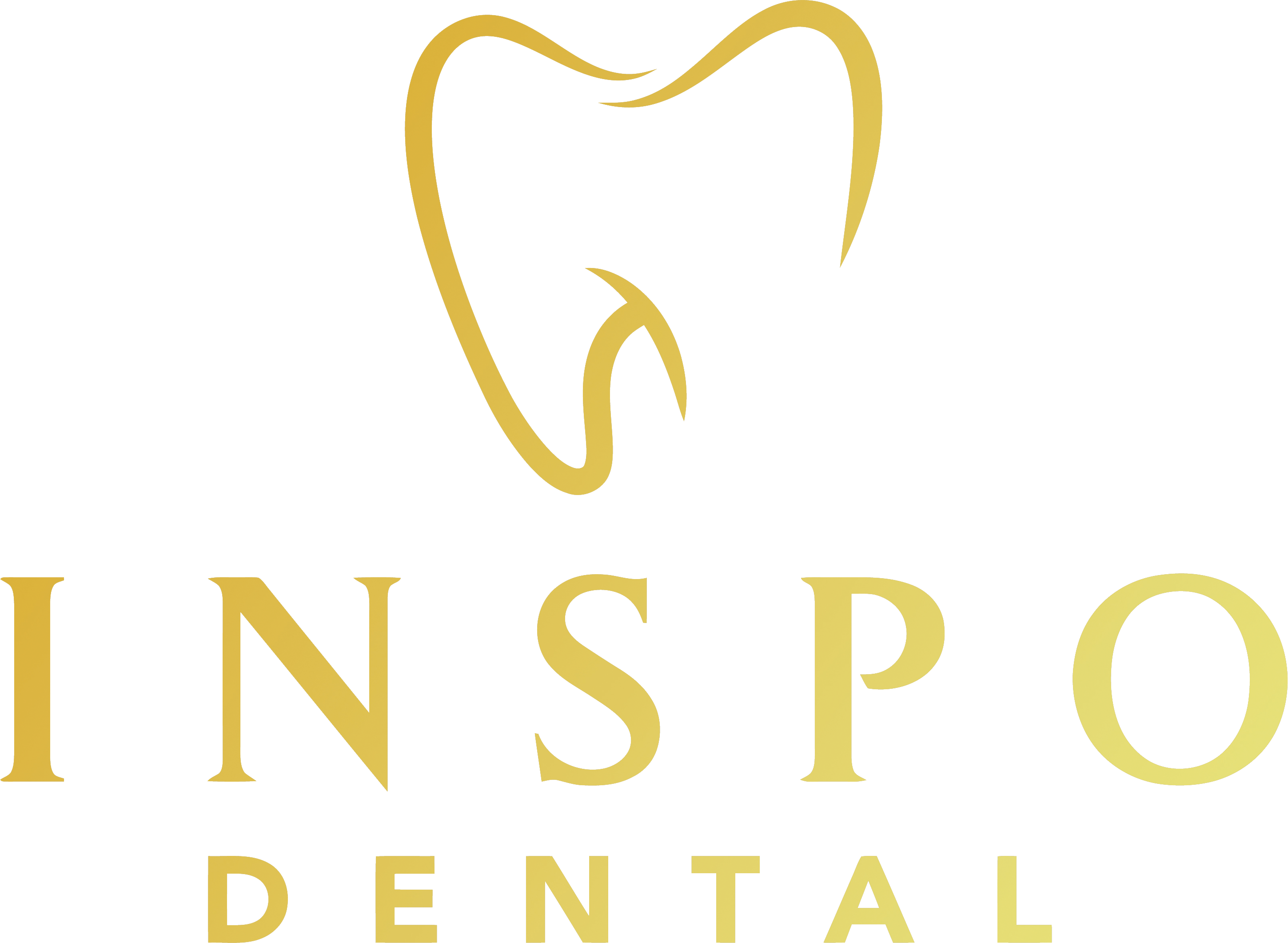Bad breath, or halitosis, can result from various factors including poor oral hygiene, specific foods, medical conditions, or lifestyle habits. Here are effective ways to prevent and treat it:
Prevention:
- Maintain Proper Oral Hygiene:
- Brush your teeth at least twice a day using fluoride toothpaste.
- Floss daily to remove food particles and plaque between teeth.
- Brush your tongue or use a tongue scraper to remove bacteria and debris.
- Stay Hydrated:
- Drink plenty of water to keep your mouth moist and wash away food particles.
- Avoid excessive caffeine and alcohol, which can cause dry mouth.
- Choose a Balanced Diet:
- Avoid foods with strong odors like garlic, onions, and certain spices.
- Eat fresh fruits and vegetables, which help clean your teeth and stimulate saliva production.
- Quit Smoking and Tobacco Use:
- Tobacco contributes to bad breath and increases the risk of gum disease.
- Use Sugar-Free Gum or Mints:
- Chewing gum stimulates saliva production, which helps neutralize bad odors.
- Regular Dental Checkups:
- Visit your dentist at least twice a year for cleanings and checkups to detect and treat issues like gum disease or cavities.
- Clean Dental Appliances:
- If you use retainers, dentures, or mouthguards, clean them thoroughly every day.
Treatment:
- Mouthwash:
- Use an antimicrobial or antibacterial mouthwash to kill bacteria causing odor. Choose one that doesn’t contain alcohol to avoid dry mouth.
- Special Toothpaste:
- Use toothpaste with antibacterial properties to reduce bacteria in the mouth.
- Hydrogen Peroxide Rinse:
- Mix a small amount of hydrogen peroxide with water and rinse to kill bacteria. Use cautiously and infrequently.
- Treat Underlying Conditions:
- Address any medical conditions that might contribute to bad breath, such as sinus infections, diabetes, or acid reflux.
- Seek Professional Advice:
- If the issue persists despite good hygiene, consult a dentist or physician to rule out more serious conditions.
- Oil Pulling (Optional):
- Swish coconut or sesame oil in your mouth for 10-15 minutes, then spit it out. This traditional remedy may help reduce bacteria.
Natural Remedies:
- Herbs and Spices:
- Chew on fresh parsley, mint, or basil to neutralize odors.
- Use cloves, fennel seeds, or anise seeds as a natural breath freshener after meals.
- Green Tea:
- Drink green tea, which contains polyphenols that combat bacteria and reduce sulfur compounds responsible for bad breath.
- Baking Soda:
- Brush your teeth with a baking soda solution or add it to your toothpaste. It neutralizes acids and reduces bacteria.
- Apple Cider Vinegar:
- Dilute apple cider vinegar with water and use it as a rinse. Its acidic nature helps eliminate odor-causing bacteria.
- Dilute apple cider vinegar with water and use it as a rinse. Its acidic nature helps eliminate odor-causing bacteria.
Special Cases:
- Post-Nasal Drip or Sinus Issues:
- Use a saline nasal spray or neti pot to reduce mucus buildup that can cause bad breath.
- Dry Mouth (Xerostomia):
- Chew sugar-free gum to stimulate saliva production.
- Use a saliva substitute or moisturizing gel.
- Avoid antihistamines and decongestants unless prescribed, as they can exacerbate dry mouth.
- Digestive Issues:
- Address acid reflux with antacids or dietary adjustments.
- Incorporate probiotics into your diet to balance gut bacteria.
- Tonsil Stones:
- Gargle with warm salt water to dislodge and prevent tonsil stones, which can contribute to bad breath.
- Gargle with warm salt water to dislodge and prevent tonsil stones, which can contribute to bad breath.
Lifestyle Adjustments:
- Limit Alcohol Consumption:
- Alcohol dries out the mouth, creating a favorable environment for bacteria. Limit intake or rinse with water afterward.
- Avoid Excessive Dairy:
- Dairy products can leave residue in the mouth that fosters bacterial growth. Rinse or brush after consuming them.
- Mind Your Medications:
- Some medications can cause dry mouth as a side effect. Consult your doctor for alternatives or remedies.
- Frequent Snacking:
- Minimize sugary or sticky snacks that linger on teeth. If snacking, choose fibrous foods like apples or celery to clean your teeth.
- Minimize sugary or sticky snacks that linger on teeth. If snacking, choose fibrous foods like apples or celery to clean your teeth.
When to Seek Help:
- Persistent Bad Breath:
- If bad breath persists despite proper oral hygiene, it may indicate a medical condition such as:
- Gum disease (periodontitis)
- Diabetes
- Chronic sinus infections
- Liver or kidney disease
- Gastrointestinal disorders
- If bad breath persists despite proper oral hygiene, it may indicate a medical condition such as:
- Visit a dentist or doctor for a thorough evaluation and targeted treatment.
Oral Hygiene Enhancements:
- Invest in an Electric Toothbrush:
- Electric toothbrushes are more effective at removing plaque and food particles compared to manual ones.
- Use a Water Flosser:
- A water flosser can clean deep between teeth and along the gumline, reaching areas where traditional floss may miss.
- Replace Toothbrush Regularly:
- Replace your toothbrush or toothbrush head every 3-4 months or sooner if the bristles are frayed.
- Monitor Dental Products:
- Use dental products with fluoride and antibacterial ingredients to ensure maximum protection.
- Use dental products with fluoride and antibacterial ingredients to ensure maximum protection.
Dietary Adjustments:
- Increase Water-Containing Foods:
- Include foods like cucumbers, watermelon, and oranges, which help keep your mouth hydrated.
- Avoid Crash Diets and Fasting:
- Diets that severely restrict calories can lead to ketoacidosis, a condition that causes foul-smelling breath due to the release of ketones.
- Limit Sugary Foods and Drinks:
- Sugar feeds bacteria in the mouth, which produce foul-smelling acids. Opt for alternatives like xylitol-sweetened products.
- Consume Yogurt:
- Probiotic-rich yogurt can reduce levels of odor-causing bacteria in the mouth.
- Probiotic-rich yogurt can reduce levels of odor-causing bacteria in the mouth.
Specific Tools for Fresher Breath:
- Tongue Cleaners:
- Use a tongue cleaner or scraper daily to remove biofilm, which is a major source of bad breath.
- Antimicrobial Sprays and Lozenges:
- These are convenient for freshening breath throughout the day and often contain active ingredients to combat bacteria.
- Charcoal Toothpaste or Powders:
- Activated charcoal can help absorb toxins and bacteria but should be used sparingly to avoid enamel damage.
- Activated charcoal can help absorb toxins and bacteria but should be used sparingly to avoid enamel damage.
Stress Management:
- High stress levels can reduce saliva production, leading to dry mouth and bad breath.
- Practice relaxation techniques like deep breathing, yoga, or meditation to maintain balanced saliva flow.
Managing Morning Breath:
- Sleep with Your Mouth Closed:
- Breathing through your mouth while sleeping dries out the oral cavity. Consider nasal strips or a humidifier to aid nasal breathing.
- Nighttime Routine:
- Brush and floss before bed and rinse with an antimicrobial mouthwash.
- Avoid eating right before sleeping to minimize bacteria buildup.
Professional Treatments:
- Scaling and Root Planing:
- For individuals with gum disease, a deep cleaning procedure can remove tartar and bacteria beneath the gumline.
- Oral Probiotics:
- Specially formulated oral probiotics can rebalance bacteria in the mouth, targeting odor-causing strains.
- Laser Treatment for Gum Disease:
- This non-invasive option targets bacteria in periodontal pockets and promotes healing.
- Surgical Removal of Tonsil Stones:
- If tonsil stones are recurrent and severe, a surgical procedure (tonsillectomy) might be necessary.
- Consult a Specialist:
- An ENT specialist, gastroenterologist, or endocrinologist can help address systemic causes of bad breath.
- An ENT specialist, gastroenterologist, or endocrinologist can help address systemic causes of bad breath.
Tracking Progress:
- Use a Halimeter:
- A halimeter is a device used to measure sulfur compounds in your breath, providing feedback on treatment effectiveness.
- Log Your Habits:
- Keep a journal of foods, habits, and oral care routines to identify potential triggers.
Advanced Oral Care Techniques:
- Custom Mouthguards:
- If you grind your teeth (bruxism), use a custom-fitted nightguard. Grinding can damage enamel, creating a breeding ground for bacteria.
- Enzyme-Based Toothpastes:
- These help maintain a healthy oral microbiome by targeting harmful bacteria without disrupting the good bacteria.
- Interdental Brushes:
- Use interdental brushes to clean spaces too tight for a regular toothbrush but too wide for floss. These are particularly helpful for people with braces or dental bridges.
Focus on Underlying Medical Issues:
- Diabetes Management:
- Uncontrolled diabetes can lead to fruity-smelling breath (ketones) or a sour odor due to high glucose levels. Maintain good blood sugar control through diet, exercise, and medication.
- Gastrointestinal Health:
- Conditions like GERD or stomach infections (e.g., H. pylori) can cause bad breath. Treating these with prescribed medication or probiotics can improve symptoms.
- Chronic Sinus Infections:
- Persistent sinus infections lead to post-nasal drip, which fosters bacteria in the throat. Antibiotics, saline rinses, or decongestants may help.
- Oral Cancer Screening:
- If bad breath is persistent and unexplained, your dentist may check for oral cancers, which can sometimes cause halitosis due to tissue decay.
- If bad breath is persistent and unexplained, your dentist may check for oral cancers, which can sometimes cause halitosis due to tissue decay.
Environment and Habit Adjustments:
- Reduce Stress-Induced Dry Mouth:
- Stress can inhibit saliva flow. Take short breaks during work, practice mindfulness, or listen to calming music to manage stress.
- Monitor Room Conditions:
- Use a humidifier in dry environments, especially during winter, to prevent dry mouth that exacerbates bad breath.
- Choose the Right Diet for Your Needs:
- Follow a low-carb diet with caution. Extreme low-carb diets can lead to “keto breath.” Include enough healthy carbohydrates to minimize this effect.
- Follow a low-carb diet with caution. Extreme low-carb diets can lead to “keto breath.” Include enough healthy carbohydrates to minimize this effect.
Incorporate Specific Rinses and Sprays:
- Chlorhexidine Mouthwash:
- Prescribed by dentists for severe gum issues, this mouthwash is highly effective in reducing bacteria but should be used short-term to avoid staining.
- Essential Oil Mouthwashes:
- Rinse with a solution containing tea tree oil, peppermint oil, or eucalyptus oil for a natural antimicrobial effect.
- Salt Water Gargles:
- Gargling with warm salt water helps reduce bacteria and soothe the throat, especially if post-nasal drip is present.
- Gargling with warm salt water helps reduce bacteria and soothe the throat, especially if post-nasal drip is present.
Lifestyle Tweaks for Long-Term Freshness:
- Avoid Snacking Late at Night:
- Food residue left overnight feeds bacteria, leading to morning breath. Brush after any late-night snacks.
- Chew Crunchy Foods:
- Raw carrots, celery, and apples act as natural cleansers for your teeth, stimulating saliva and scrubbing away food particles.
- Avoid Excessive Protein:
- High-protein diets can lead to the release of sulfurous compounds. Balance your meals with fiber-rich fruits and vegetables.
- High-protein diets can lead to the release of sulfurous compounds. Balance your meals with fiber-rich fruits and vegetables.
Special Considerations for Denture Wearers:
- Remove Dentures at Night:
- Allow your gums to rest and clean your dentures thoroughly to remove food and bacteria.
- Use Denture-Specific Cleansers:
- Avoid regular toothpaste, which can scratch dentures, and opt for products designed to kill bacteria without damaging the material.
- Avoid regular toothpaste, which can scratch dentures, and opt for products designed to kill bacteria without damaging the material.
Holistic Approaches:
- Aromatherapy:
- Essential oils like peppermint and clove can be added to a diffuser or applied (diluted) to pulse points to maintain a fresh environment.
- Dietary Herbs and Spices:
- Incorporate cinnamon or cardamom into your diet for their natural antibacterial properties.
- Yoga and Breathing Exercises:
- Pranayama breathing techniques can improve oxygenation and reduce issues related to sinus congestion and dry mouth.
Practical Monitoring and Maintenance:
- Breath Self-Checks:
- Lick the back of your hand, let it dry, and smell it. This provides a quick way to assess your breath’s condition.
- Accountability Partner:
- Ask a trusted friend or family member to give honest feedback about your breath if you’re unsure of your progress.
- Keep Supplies Handy:
- Carry a travel-sized toothbrush, toothpaste, and sugar-free gum or mints to freshen up during the day.
Emerging Technologies in Oral Care:
- Smart Toothbrushes:
- Use smart toothbrushes with sensors and apps to monitor your brushing habits and ensure thorough cleaning.
- Portable Breath Analyzers:
- These compact devices measure volatile sulfur compounds (VSCs) in your breath, giving you real-time feedback.
- Dental Probiotics:
- Specific probiotic lozenges or tablets promote beneficial oral bacteria to reduce bad breath and improve oral microbiota.
- Nanotechnology in Toothpaste:
- Toothpaste with nanoparticles (e.g., silver or zinc) targets bacteria more effectively than traditional formulations.
Long-Term Preventive Measures:
- Regular Saliva Check-Ups:
- Periodic dental visits can include saliva tests to measure flow and composition, helping identify underlying causes of bad breath.
- Customized Oral Hygiene Plans:
- Work with a dentist to create a tailored plan based on your dental structure, diet, and habits.
- Professional Breath Clinics:
- Seek specialists or clinics focusing on halitosis treatment for comprehensive evaluations and solutions.
Addressing Chronic Conditions Linked to Bad Breath:
- Hormonal Changes:
- Pregnancy or menopause can alter oral health. Maintain extra hydration and oral care during these times.
- Lung and Respiratory Health:
- Chronic bronchitis or lung infections can contribute to halitosis. Treating these conditions is key to resolving associated bad breath.
- Metabolic Disorders:
- Conditions like trimethylaminuria (fish odor syndrome) may require dietary adjustments or medical treatment.
Enhancing the Environment for Fresh Breath:
- Create a Clean Breathing Space:
- Eliminate allergens and pollutants in your home that can contribute to sinus issues and bad breath.
- Incorporate Aromatic Plants:
- Grow herbs like mint, thyme, or rosemary in your kitchen. Not only are they great for meals, but their aroma can improve air quality.
- Personal Oral Hydration Sprays:
- Use sprays designed to keep your mouth hydrated, especially during travel or long meetings.
Behavioral Habits for Lasting Freshness:
- Proper Chewing Techniques:
- Chew food thoroughly to stimulate saliva production and aid digestion, reducing the risk of food particles lingering in the mouth.
- Mindful Eating:
- Avoid eating too quickly, as it can lead to incomplete cleaning of the mouth and undigested food odors.
- Limit Alcohol-Based Mouthwash:
- Alcohol-based mouthwashes can dry out your mouth over time. Opt for alcohol-free alternatives with ingredients like cetylpyridinium chloride (CPC) or essential oils.
Dealing with Social Situations and Confidence:
- Quick Fixes:
- Use breath strips or sugar-free mint sprays for immediate freshness before meetings or social gatherings.
- Confidence-Boosting Practices:
- Stand tall and maintain good posture, as poor posture can sometimes exacerbate digestion-related breath issues.
- Build Awareness of Triggers:
- Pay attention to how certain foods or habits affect your breath and plan accordingly when in public.
Monitoring and Education:
- Regular Self-Assessments:
- Keep track of your progress with a breath improvement journal, noting what strategies work best for you.
- Educational Resources:
- Stay informed about oral health through reputable dental blogs, webinars, or workshops.
- Involve Your Family:
- Encourage family members to adopt good oral hygiene habits. A collective effort can improve everyone’s health and prevent bad breath.
Encouraging Holistic Oral Health:
- Integrate Ayurvedic Practices:
- Oil pulling with coconut or sesame oil can complement modern oral care routines for a well-rounded approach.
- Incorporate Green Smoothies:
- Blend greens like spinach and parsley with a splash of lemon juice to alkalize your body and freshen breath.
- Focus on Overall Wellness:
- Regular exercise improves circulation, boosts immunity, and supports better oral and respiratory health.
By committing to these advanced strategies and maintaining a proactive approach to your oral health, you can achieve not only fresh breath but also a healthier and more confident lifestyle.






